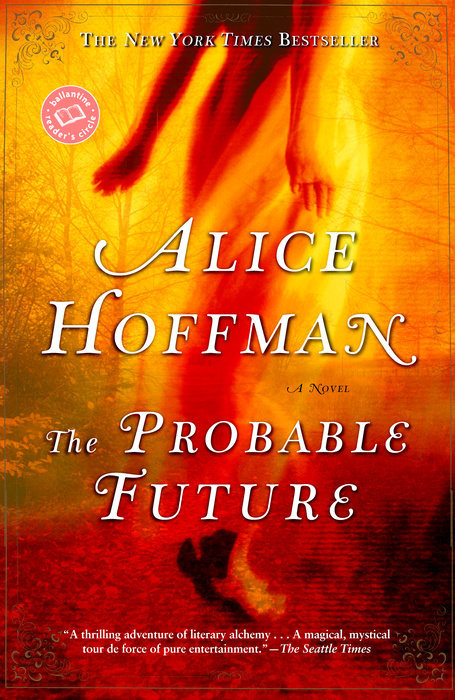
Here on Earth
Book Description
A chance encounter brings a woman back to the small town of her youth, where memories collide with long-buried secrets. As she rekindles old relationships and confronts the ghosts of her past, the delicate threads of love, loss, and betrayal intertwine in unexpected ways. With every revelation, the stakes rise, testing her resolve and sparking a fierce battle between desire and duty. Dorothy must navigate the complexities of family ties while grappling with the weight of her choices. Will she find the courage to embrace her truth, or will the past continue to haunt her?
Quick Book Summary
"Here on Earth" by Alice Hoffman weaves an emotionally charged story about revisiting past loves and confronting buried truths. After years away, March Murray returns with her teenage daughter to her Massachusetts hometown, forced by the death of the beloved woman who raised her. There, she is reunited with Hollis, her intense first love, reigniting a passion marked by both longing and darkness. As March is pulled into the web of her past, she navigates the tangled relationships between family, friends, and old rivals. The novel examines the complexity of desire, the inescapable weight of the past, and the nuanced choices that define us. With lyrical prose and elements of magical realism, Hoffman compels us to consider whether true escape from history is possible, or whether some secrets are meant to shape our futures.
Summary of Key Ideas
Table of Contents
The Enduring Nature of First Love
March Murray’s life takes a dramatic turn when she travels back to the small town of her childhood, following the death of Judith, the woman who served as her surrogate mother. Accompanied by her teenage daughter Gwen, March’s return is bittersweet, stirring up long-buried emotions and memories. The quiet Massachusetts town is both familiar and changed, holding the secrets of her youth, her family, and particularly, her passionate yet turbulent relationship with Hollis, her first love. The story’s atmosphere is tinged with a sense of nostalgia interwoven with longing and regret.
Cycles of Betrayal and Forgiveness
The heart of the novel lies in March’s rekindled connection with Hollis. Time has failed to dull their mutual attraction, but the love between them is complicated and fraught with volatility. Hollis, who has risen from poverty to affluence with a toughened spirit, is both magnetizing and controlling. Their reunion becomes a testing ground for old wounds and unfinished business. March is forced to reckon with the intoxicating pull of young love and the destructive patterns it can reignite, questioning whether passion can outweigh the consequences of the past.
Family, Duty, and Complicated Loyalties
The intricate dynamics among the townspeople, including March’s estranged family and childhood peers, create a web of loyalty and mistrust. Gwen, March’s daughter, explores her own coming-of-age journey and forms a friendship with Hank, another local teen entangled in the legacy of the previous generation’s choices. Through these relationships, Hoffman examines how cycles of betrayal, forgiveness, and the desire to belong ripple through families and communities, binding and breaking individuals in unexpected ways.
Confronting the Shadows of the Past
The novel’s themes are charged with emotional tension as March must choose between her renewed desire and familial responsibilities. Her internal struggle is further complicated by the swirling shadows of the past: lost innocence, the pain inflicted by old betrayals, and the ghosts of what might have been. Hoffman enriches the narrative with subtle touches of magical realism, enhancing the sense that fate or destiny shapes the characters’ lives as much as their own choices do. Symbolism and lush prose immerse the reader in both the beauty and tragedy of revisiting old wounds.
The Tension Between Desire and Responsibility
Ultimately, “Here on Earth” is a profound meditation on the power of love and the danger of nostalgia. As March confronts her choices, she must discern whether embracing her truth will liberate her or perpetuate the cycle of heartache. The novel closes on a note that acknowledges the costs of confronting reality, suggesting that the courage to move forward demands both sacrifice and self-awareness. Hoffman’s story lingers, posing deep questions about the lines between passion and duty, memory and possibility, and what it takes to truly come home.
Download This Summary
Get a free PDF of this summary instantly — no email required.





